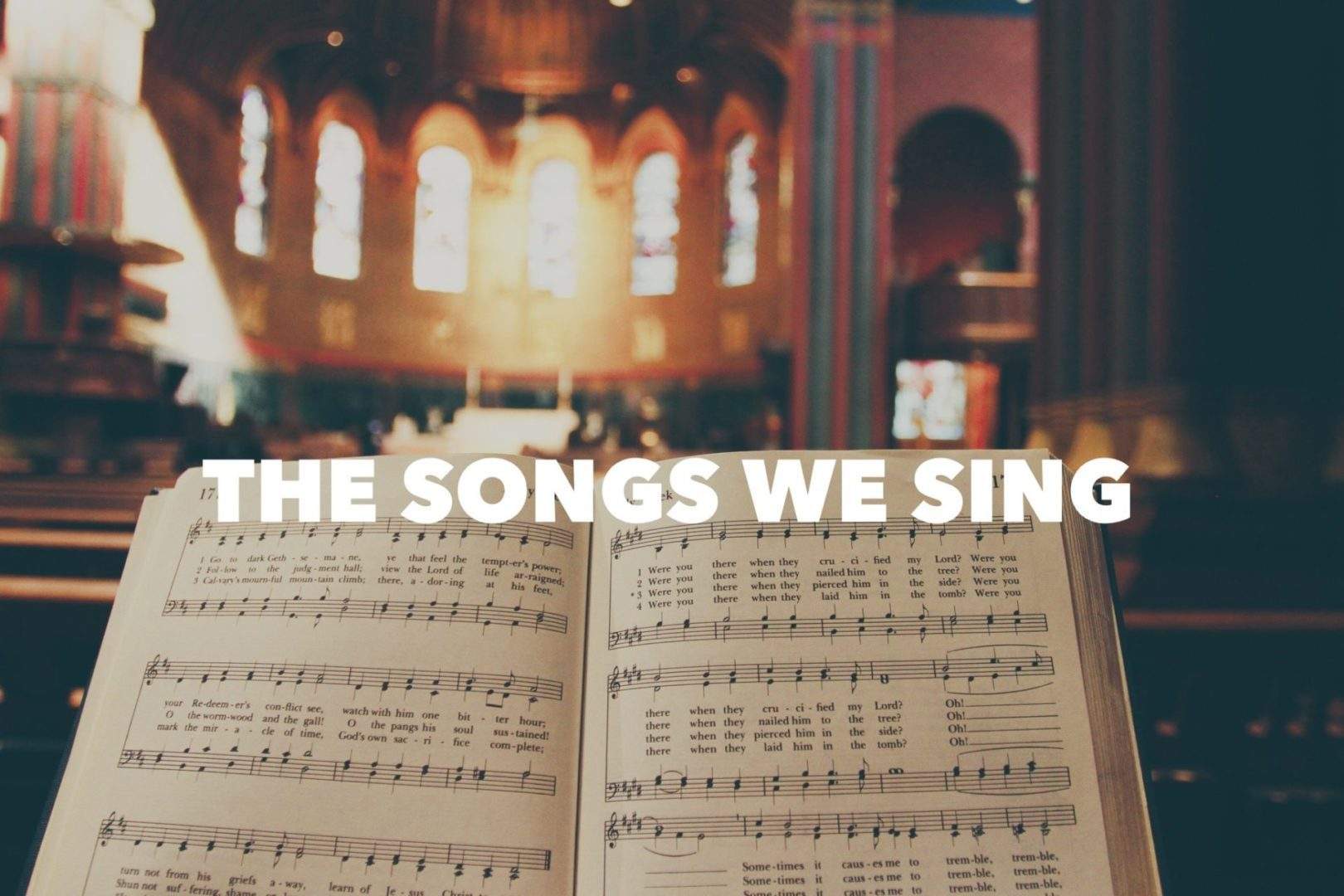
The Songs we Sing
Every Sunday, Redeemer Church gathers together, and as a part of our service, we sing God centered songs of worship. That is not all we do, but it is an important element of our worship service every Sunday. Have you ever wondered, “where do these songs come from?” or “why did we start singing this particular song?” These are good questions. When we sing songs as a congregation, in worship to the Lord, should there be any criteria by which we choose songs and disregard others? Is it enough for a song to have been written by a Christian or for it to include Christian ideas?
We believe Scripture informs the criteria of the types of songs God’s people should sing. We should sing songs about God, to God, and to one another. Therefore, the words and prayers that come from our lips every Sunday must be true, rich, and singable.
Theologically True
As we peruse hymnals, both physical and online, we are looking for songs that are theologically true. That is, the words of our songs must be both theologically orthodox, and emphasize what the Scriptures emphasize. Scripture emphasizes that God is the center of all things. One cannot read the Bible seriously without understanding that the Bible is all about God. Yes, there are subplots and other characters, but the main story and primary actor is God. So, we need to sing songs that are God-centered. God-centered songs will magnify the character, word, and work of God.
We should sing songs that are Christ-centered. The story of Scripture, in both the Old and New Testaments, finds its fulfillment in Jesus Christ’s person and work (Luke 24:27). When one understands the Bible’s message properly, the result is that he or she sings praises back to God in both God-centered and Christ-centered songs. Praising God in songs that magnify His glory, and the fulfilled work of his son, Jesus Christ, is the work of the gathered church.
Lyrically Rich
When we sing songs that are God-centered and Christ-centered, it necessarily means that we are also looking for songs that are lyrically rich, both in content and poetry. The songs chosen should be primarily wordy, but not exclusively wordy. We will sing wordy songs like “In Christ Alone,” but we will also sing lyrically rich, but shorter songs such as “Agnus Dei.” The term “poetically beautiful” as a criterion for songs is subjective in some sense, but the overall intent is to have songs that convey and reflect the fullness of God in both content and style.
Congregationally Singable
We’ve all heard songs, Christian and non-Christian, where the lead vocalist exhibits a range few of us could ever hope to match. Is this how it ought to be in the church? The answer is, no. The songs that the church sings corporately should be singable by the average person in the congregation.
God exemplifies the kind of singing he wants in (Zeph 3:17) He sings over His people with loud singing. He not only exemplifies how we are to sing, but he commands us to sing throughout Scripture. The people of God have always been a singing people. As early as the Exodus we see God’s people writing and singing those songs together. (Exodus 15:1-2) By the time we get to the New Testament it is assumed and commanded that God’s people sing not individually, but as a corporate body. When God’s people gather they are told to sing songs, hymns, and spiritual songs to God and to one another (Ephesians 5:19, Colossians 3:16). Therefore, it is important for the songs we sing together to have as a priority accessibility to all voices in the congregation, not just a vocally gifted few.
Congregations that sing, please their God, because He has commanded our singing. Though this singing is required, it is not a hard duty, if it comes from a heart overflowing with worship for the God who has created, saved, and sanctified us as a people for His own glory and our good. On Sunday mornings, we get to practice together the types of songs we will one day sing in eternity to our good and holy God.
